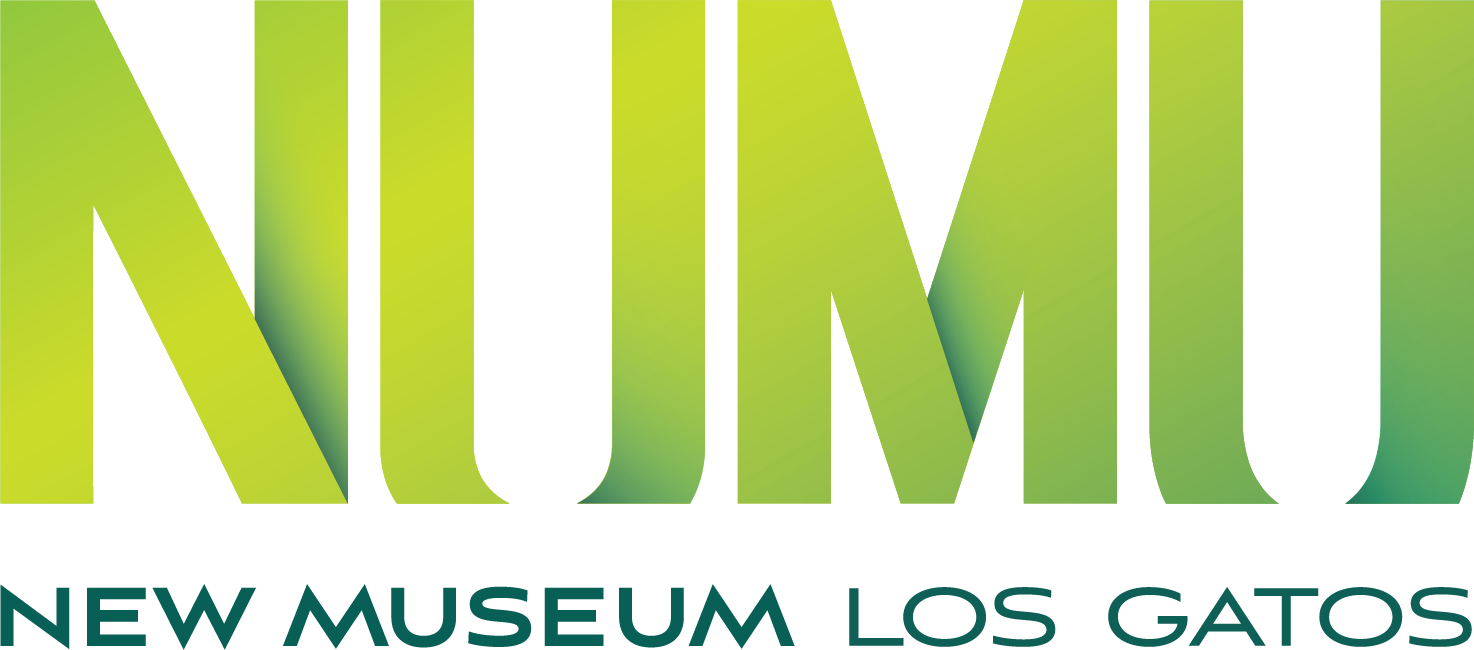Gathering collections of objects is a universal human practice. Collections have a longer history than museums: beginning in the earliest human societies, there were established collecting traditions in Africa, the Arabian Peninsula, and Asia, long before collecting developed in Europe.
The concept of the museum—institutions that collect, care for, and interpret objects, artifacts, artwork, and other materials of human and natural history while making them available for viewing by the general public—was developed from the notion of learning through objects at the Temple of the Muses in ancient Alexandria. The temple complex, which also included the famous Library of Alexandria, was a place used for philosophical contemplation and academic study. The word “museum” comes from the Ancient Greek “mouseion” which meant “seat of the Muses.”
Through the centuries, these concepts evolved into the private Renaissance cabinets of curiosities, and further into the modern institutions with a primarily educational focus that both reflect and shape the human experience.

